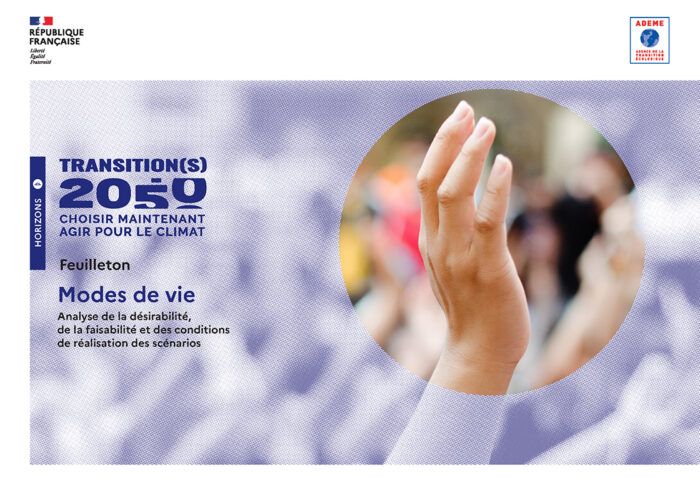Gilbert Cette and Pavel Diev offer here a short survey of the various studies devoted to the impact of the reduction in working hours (RWH) on the way the French spend their time, as well as the main conclusions.
Overall, these studies show that the time released by the RWH is shared among the activities people usually engage in outside working hours, depending on characteristics such as gender, income, whether or not they have children… Women, for example, mostly spend this extra time on household tasks and personal care, whereas men tend to spend it on gardening and DIY. If they have children, those in paid employment spend more time on domestic tasks and/or leisure activities. The level of education appears to determine whether this extra time is spent on domestic chores rather than leisure or social activities.
Finally, the authors provide some interesting insights into the variables most likely to influence how this extra free time is spent by those who have gained it (by age, family situation, income, length of service in the firm, travel-to-work time, the manner of RWH, etc.).
L'impact de la réduction du temps de travail
Cet article fait partie de la revue Futuribles n° 285, avr. 2003


